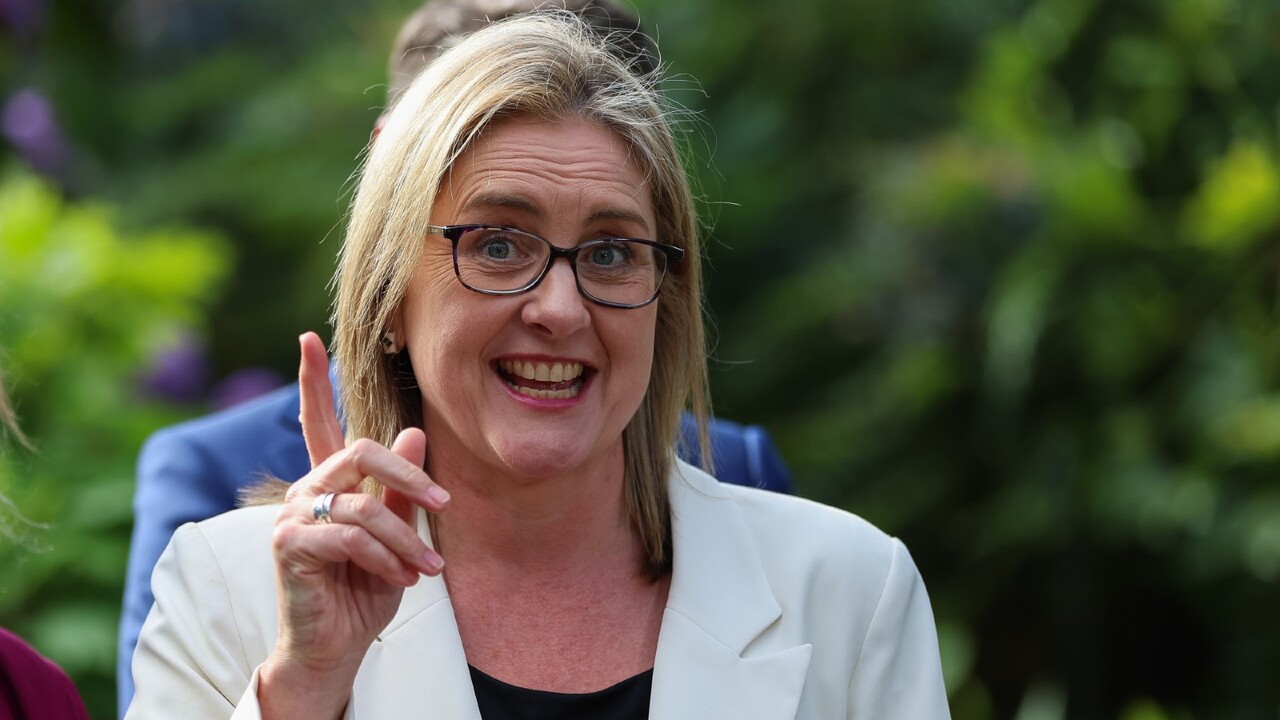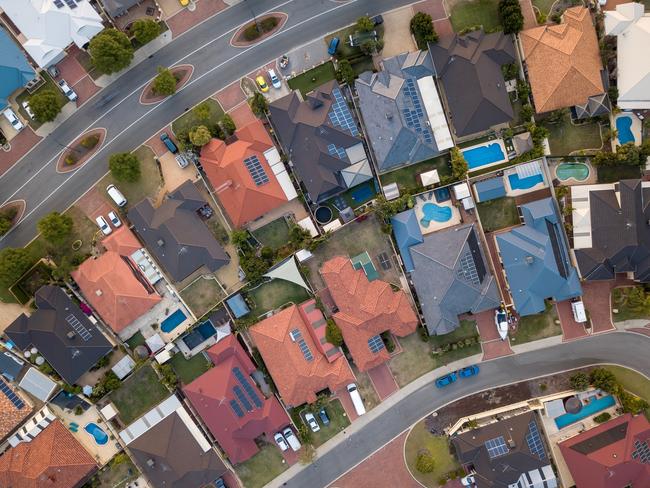Thousands of Victorians are refusing to pay spiralling land tax bills
Overdue land tax bills are threatening to blow a massive hole in the state budget, with new data showing one-third of unpaid bills are now more than 12 months overdue.

Victoria
Don't miss out on the headlines from Victoria. Followed categories will be added to My News.
Thousands of Victorians are refusing to pay their spiralling land tax bills in what looms as a massive blow to the state budget.
New data shows one-third of unpaid land tax bills are now more than 12 months overdue, with the government set to crack down on defaulters.
The state government hit an estimated 380,000 properties with new land tax levies in last year’s budget – an average of up to $878 a year to pay for its Covid handouts.
Last month the Sunday Herald Sun revealed the state government’s stamp duty revenue had collapsed – putting a potential $400m dent in the state budget.
The opposition says the defaults show land owners simply cannot afford the tax, and Victorians faced the highest property taxes in the nation.
The land tax crisis is exposed in the Department of Treasury and Finance annual report, which also says authorities will chase defaulters with additional resourcing and “targeted debt reduction activities”.
Victorians found to not be complying with their land tax obligations face a penalty tax rate of an additional 90 per cent of their bill and can also be prosecuted through the courts.
The state government expanded the land tax scheme in 2023 to include a debt levy on landholdings and reduction of the land tax threshold from $300,000 to just $50,000.

Revenue from land tax was forecast to reach $6.1bn in the last financial year, while government modelling shows the expanded scheme would contribute at least $4.7bn by 2027.
But those figures are now in doubt amid the higher-than-expected number of unpaid bills, threatening the government’s efforts to address the debt crisis, which currently forecasts net debt to peak at $188bn by 2026-27.
Opposition finance spokesperson Jess Wilson said the data showed many Victorians simply could not afford Labor’s property taxes.
“With the Allan Labor government imposing the highest property taxes in the nation, it should be no surprise so many Victorians are unwilling or unable to pay on time,” she said.
“Labor’s tax bill backlog will only worsen as their latest land tax hikes add even more pressure to household budgets, rents, property prices and further weaken confidence in the residential construction sector.
“Labor cannot manage money and Victorians are paying the price.”

The Property Council’s Victorian executive director Cath Evans said Victoria’s tax system had become more complicated and harder to navigate for all taxpayers as a result of the changes.
“The state’s increased tax burden has made investing in property an unattractive prospect for many – with serious consequences for the supply of rental accommodation,” she said.
“It’s important for the state to have efficient taxes that are easy to understand, easily capable of being administered and encourage investment in property.”
A government spokesperson said unpaid bills were factored into the state budget forecasts, but didn’t say by how much.
Past payment trends and estimated revenue from compliance and enforcement activity are significant factors.
Premier Jacinta Allan, who on Sunday attempted to shift the blame for Victorians’ financial woes to the Reserve Bank of Australia, said unpaid taxes had been factored into the budget.
Assistant Treasurer Danny Pearson urged Victorians struggling with their land tax bills to contact the State Revenue Office.
“If you’ve got a legitimate issue in relation to payment, I encourage people to think about this carefully and engage with the SRO,” he said.
“What I’m focused on is fairness.”
Asked whether land tax itself was fair, Mr Pearson said “taxes civilise society”.
“We’ve got the policy settings right in terms of providing the services that people want and making sure that we can pay for it,” he said.
Originally published as Thousands of Victorians are refusing to pay spiralling land tax bills


